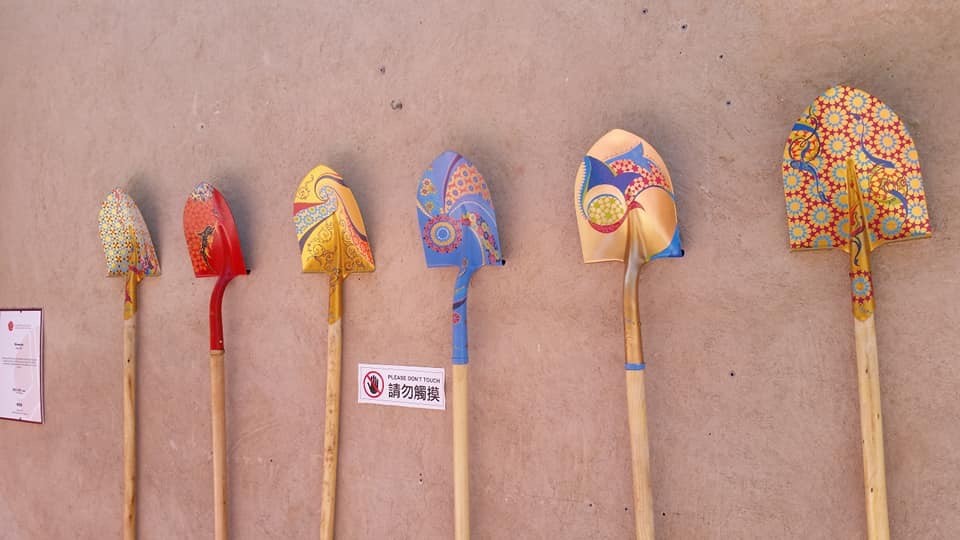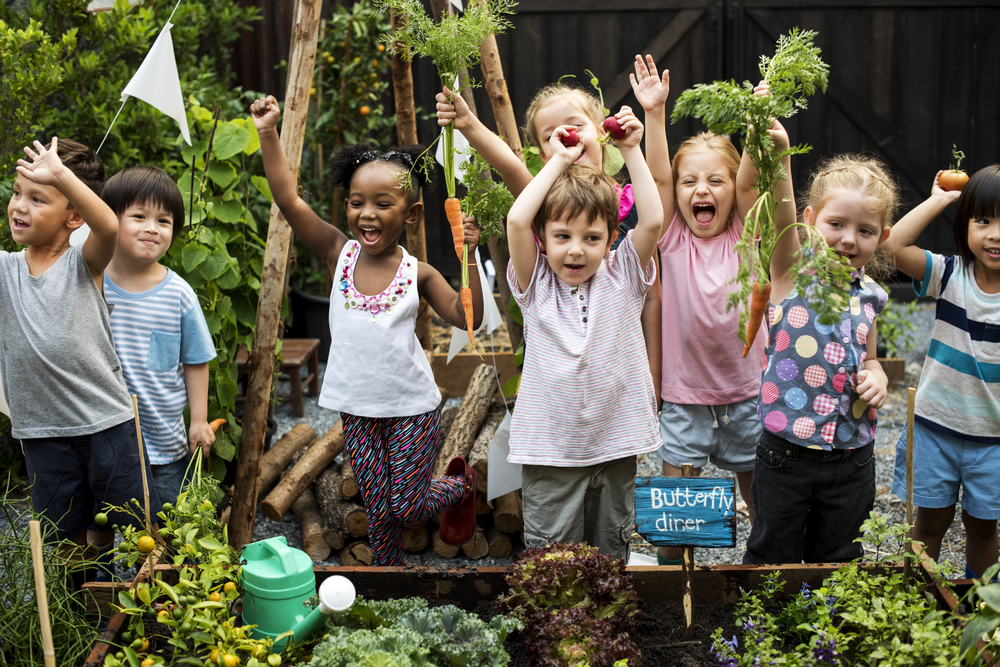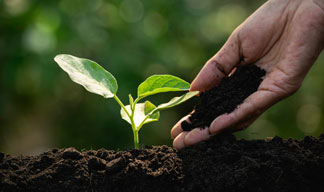

Soil
Soil – it’s not much to look at but when it comes to growing healthy fruits and vegetables, there’s nothing more important. Soil that’s in top-notch condition is the secret behind successful harvests, and now’s the time to prime your soil for the coming growing season.
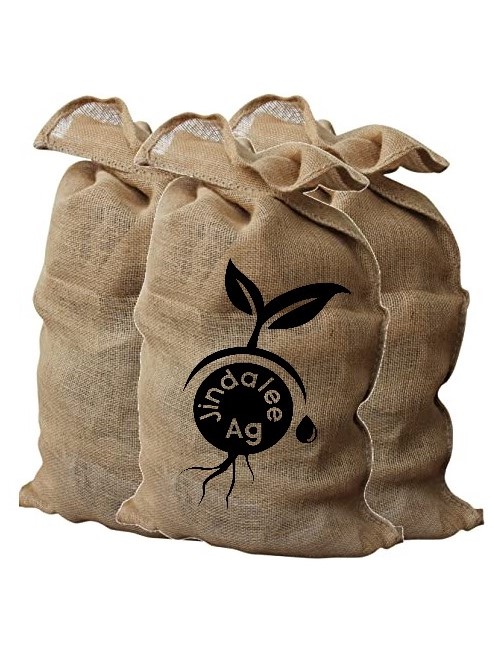
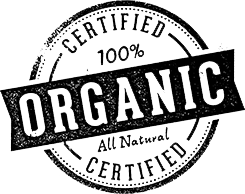
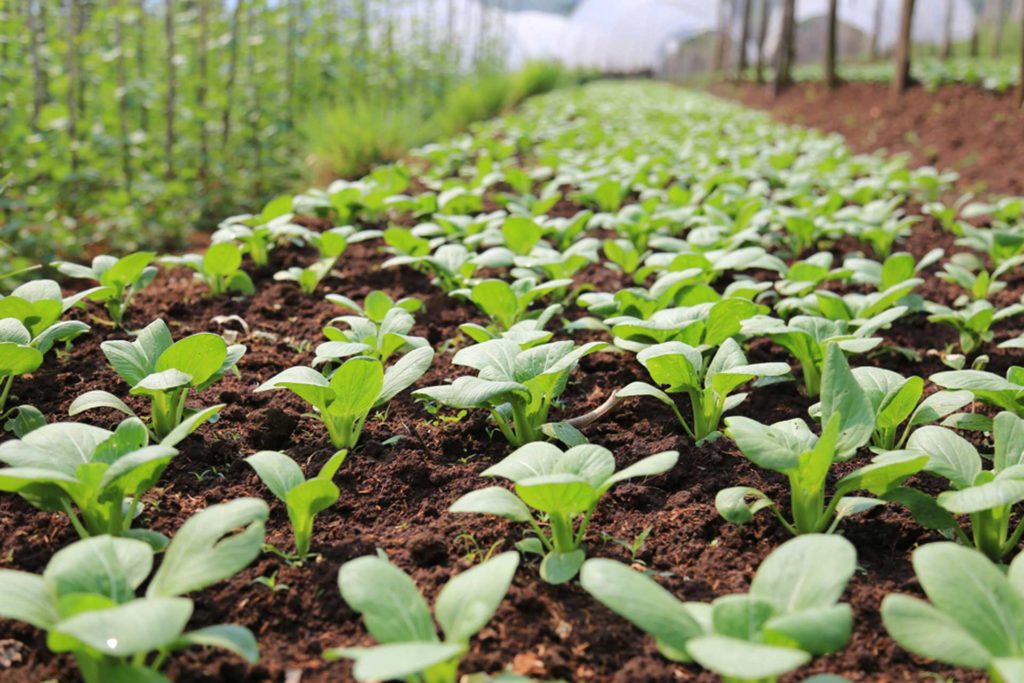
Add Organic Matter
Organic matter is the gardener’s cure-all, no matter what your soil type. It will make heavy clay soils lighter and improve drainage, and it will help retain both moisture and nutrients in sandy soils. Simply put, organic matter of any kind is great news for your soil – and the plants you grow in it!
Organic matter is simply decomposed plant or animal matter – for instance, garden compost, animal manure or leafmould. When added to your soil, organic matter will improve its structure and feed the essential microbial life within it. Compost and animal manure are also naturally packed full of nutrients that will increase the fertility of your soil.
To incorporate organic matter into your soil, first lay it on the soil surface. Be as generous as you can – really pile it on! Spread it out evenly before forking it in to the top six to 12 inches (15-30cm) of your soil. Within a few weeks you’ll notice a boom in your soil’s earthworm population – a surefire sign that all that goodness is getting to work.
Remember to water regularly. Less frequent but deeper watering encourages strong root growth so deep watering twice per week is all that is needed once your seedlings are established.
Children thrive on gardening so involve them in the process and you may find that they will happily eat anything they have had a hand in growing.
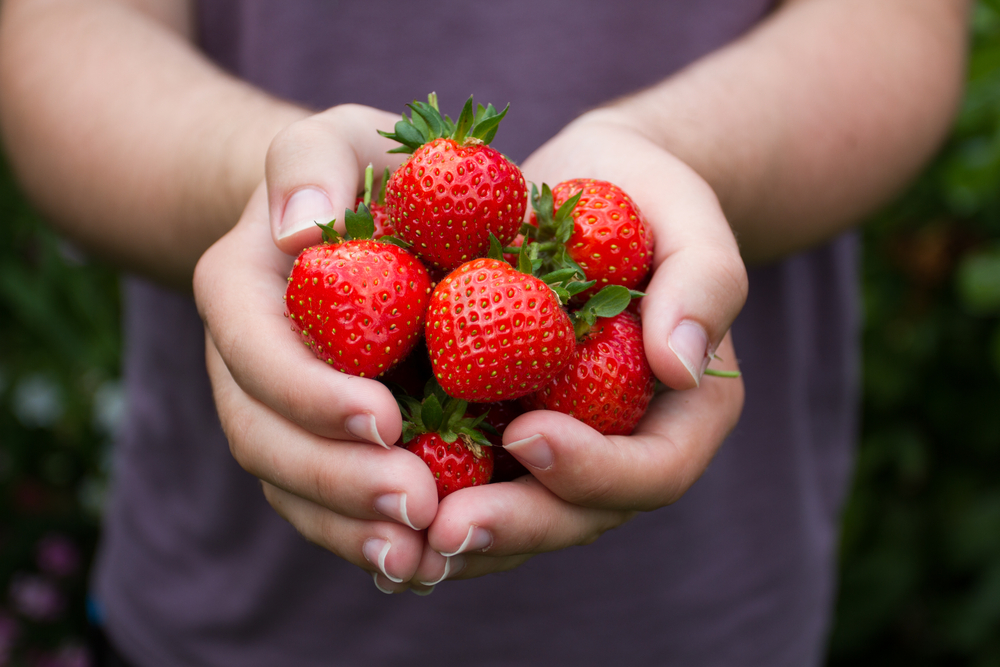
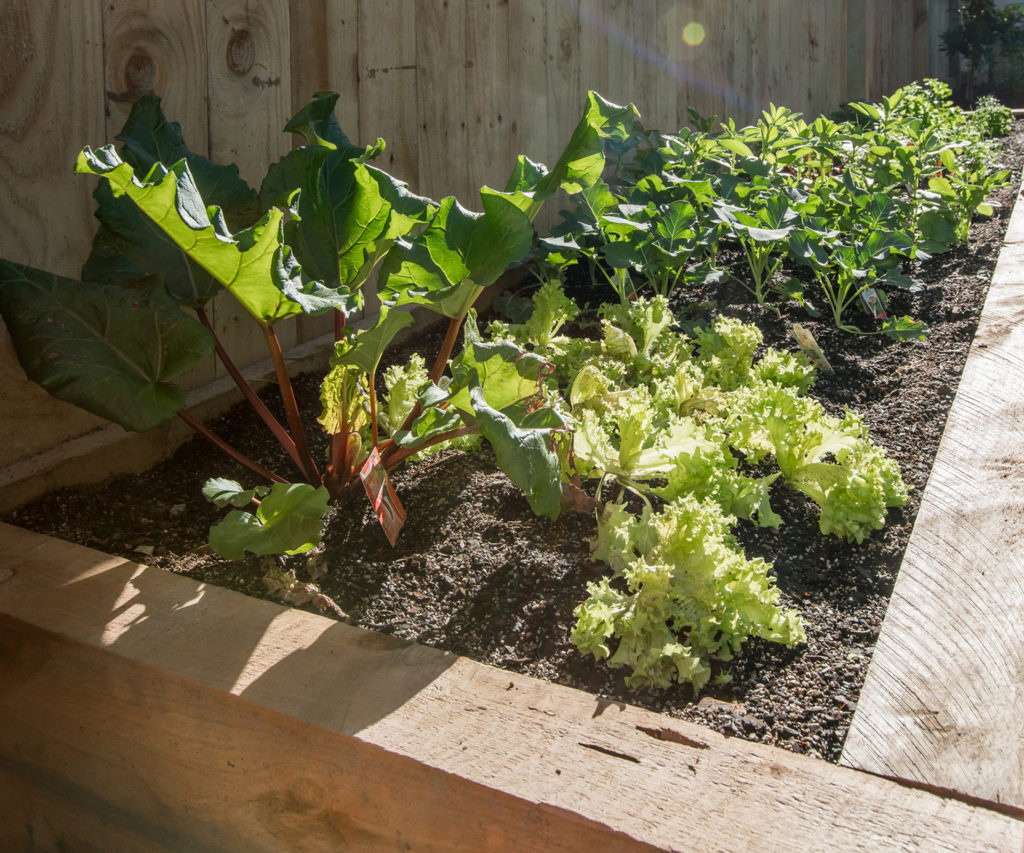
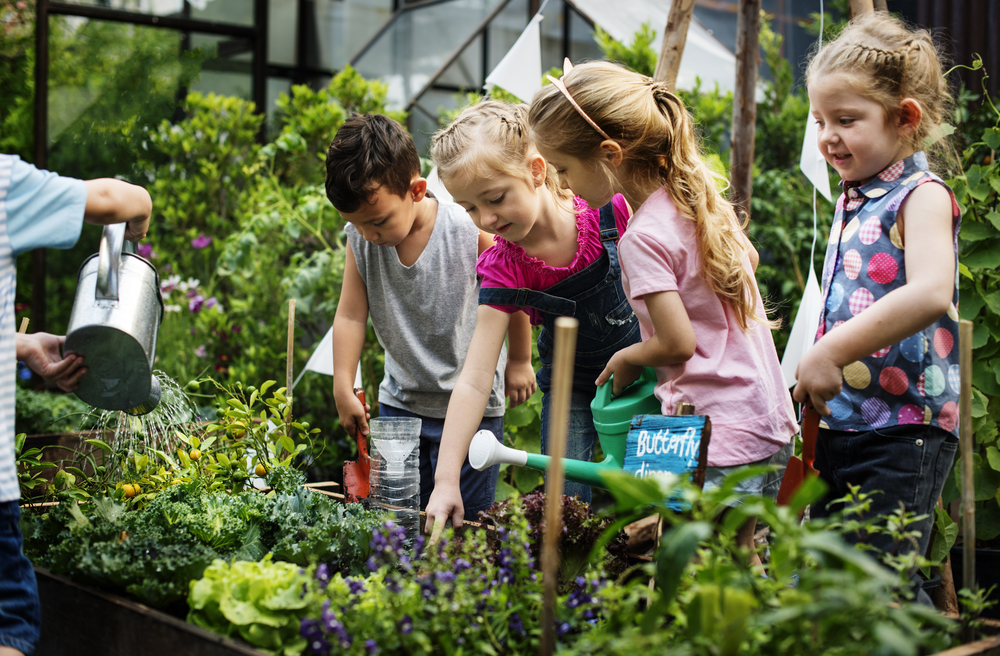
Add Organic Mulch
If your soil currently has crops growing in it, you can spread organic matter as a thick mulch two to three inches (5-7cm) deep in-between plants. The worms will ‘dig in’ the mulch for you, improving the soil for the vegetables to follow.
An organic mulch is the best way to improve fertility and soil structure around perennial plants such as strawberries and fruit trees, bushes and canes, because you don’t want to risk damaging their roots by digging. These robust plants can cope with lumpier or less refined organic matter, including bark chips and shredded prunings. It will also ‘lock in’ moisture, helping you conserve water and making your plants resilient to hot dry weather.

Panic buying.
We find ourselves living in an everchanging and unstable world now. Supermarket shelves are empty of many of the products we use daily and people are lining up to be able to buy toilet paper, flour and tinned vegetables. My daughter lives in a small country town with one large supermarket and an IGA. She is unable to purchase onions, potatoes, sweet potatoes or tinned tomatoes and many other areas are facing the same plight. What good is pasta or rice with nothing to put on it and how soon are we all going to get scurvy without fresh vegetables.
The gardeners and farmers of this world and those who have full pantries are suddenly in an advantageous position. Now is the time to get the garden going and plant vegetables. The weather is perfect (I am in the Riverina so any information is relevant to warm temperate regions) for growing now and apparently being outside and getting fresh air and exercise is good for you (who would have known). The catch is though that if you plant the wrong seeds you may be in for a very long wait for something fresh to add to your rice and pasta so you need to get the correct information about what to plant. It is not enough to rely on what the nurseries have in stock as often they will be things that are not going to grow quickly and feed you well or may even be out of season. Plants such as Zucchini and pumpkin will provide prolific fruit but are not suitable to plant right now. Broccoli and Cauliflower are perfect to plant now but they take a long time to produce food.
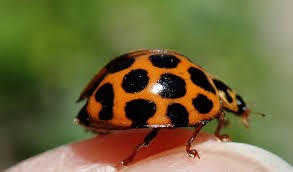
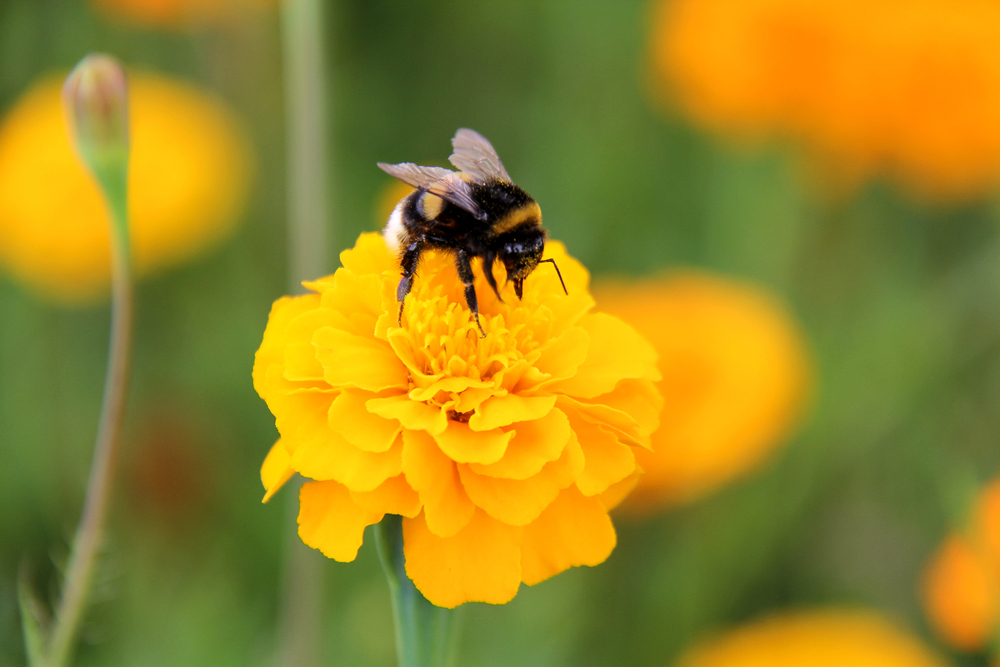
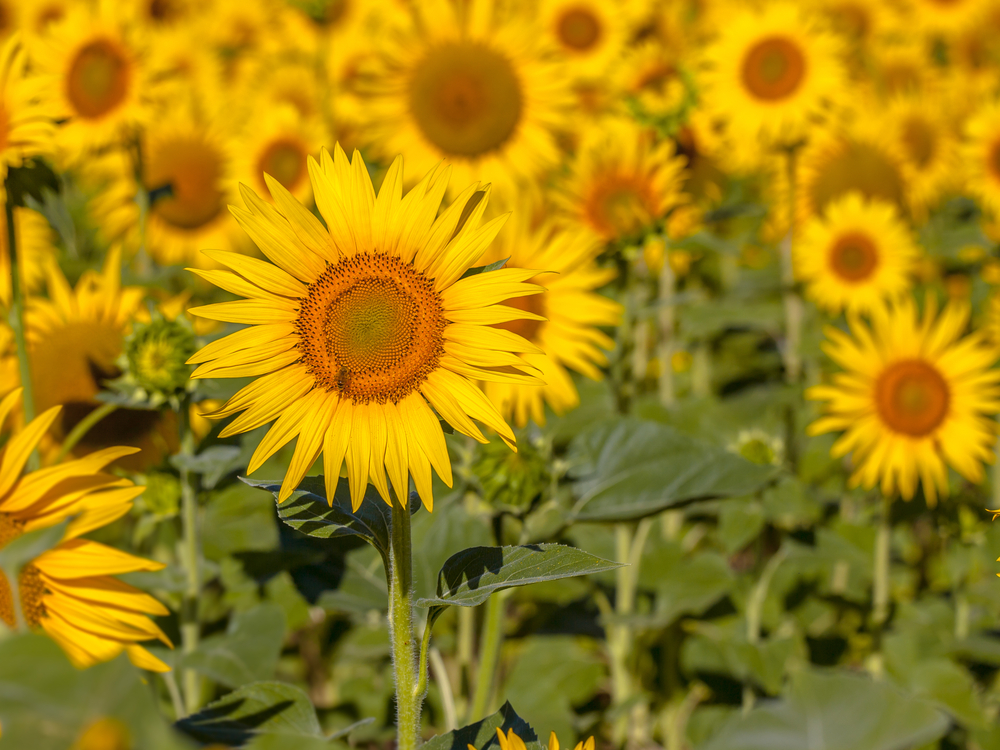
A solution.
My suggestions would be to plant quick crops, radish (there are several different varieties), silver beet, rainbow chard, lettuce and spinach will give you food within a few weeks. Green leafy crops are ideal as the leaves can be harvested and the plants will continue to grow and feed you for long periods of time. At the same I would be planting cabbage, cauliflower, broccoli, garlic, carrots and leeks, the crops that grow well through the colder months and you will have a variety of fresh food throughout the winter.
Growing food is not just about popping in some seeds or seedlings and sitting back and watching them grow, then picking and eating. Your soil needs to be fed and cared for. Adding compost before planting is beneficial to growth and feeding the soil while your plants grow will ensure that you have strong and healthy vegetables. You can grow in the ground, in pots or in raised beds (Jindalee Ag have some great raised beds available currently -just do a search on the website). If you are growing in pots or raised beds use premium compost to get the best results. Place some compost in a covered container (I use an old rubbish bin) and fill with water, leave for a few weeks and you have compost tea. Dilute 1 to 10 in water and apply to your plants every couple of weeks and your plants will reward you.
Remember to water regularly. Less frequent but deeper watering encourages strong root growth so deep watering twice per week is all that is needed once your seedlings are established. Keep your beds or pots weed free (start a compost pile to deal with the weeds or feed them to chickens!) and enjoy being outside in the fresh air. Children thrive on gardening so involve them in the process and you may find that they will happily eat anything they have had a hand in growing.

